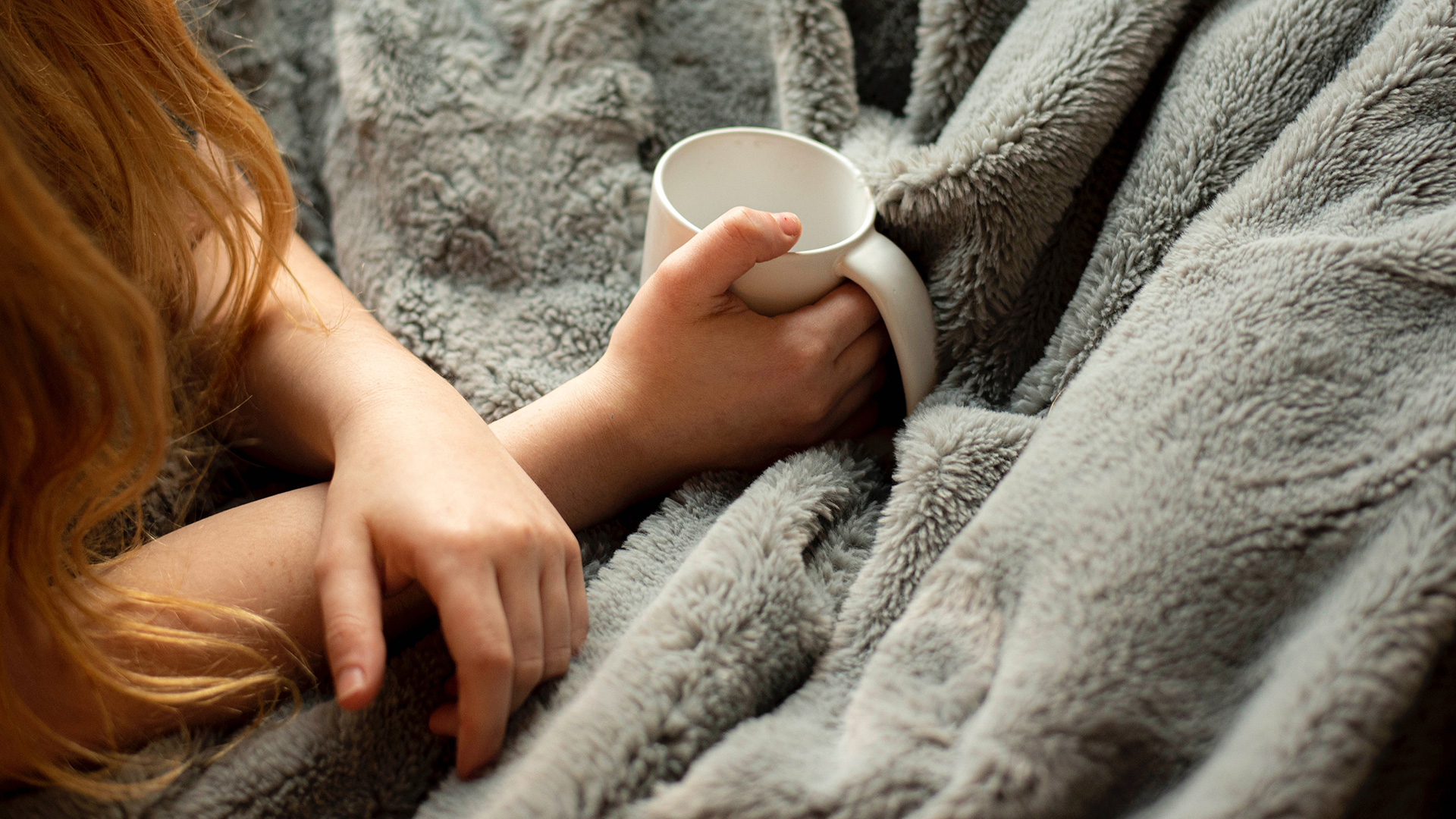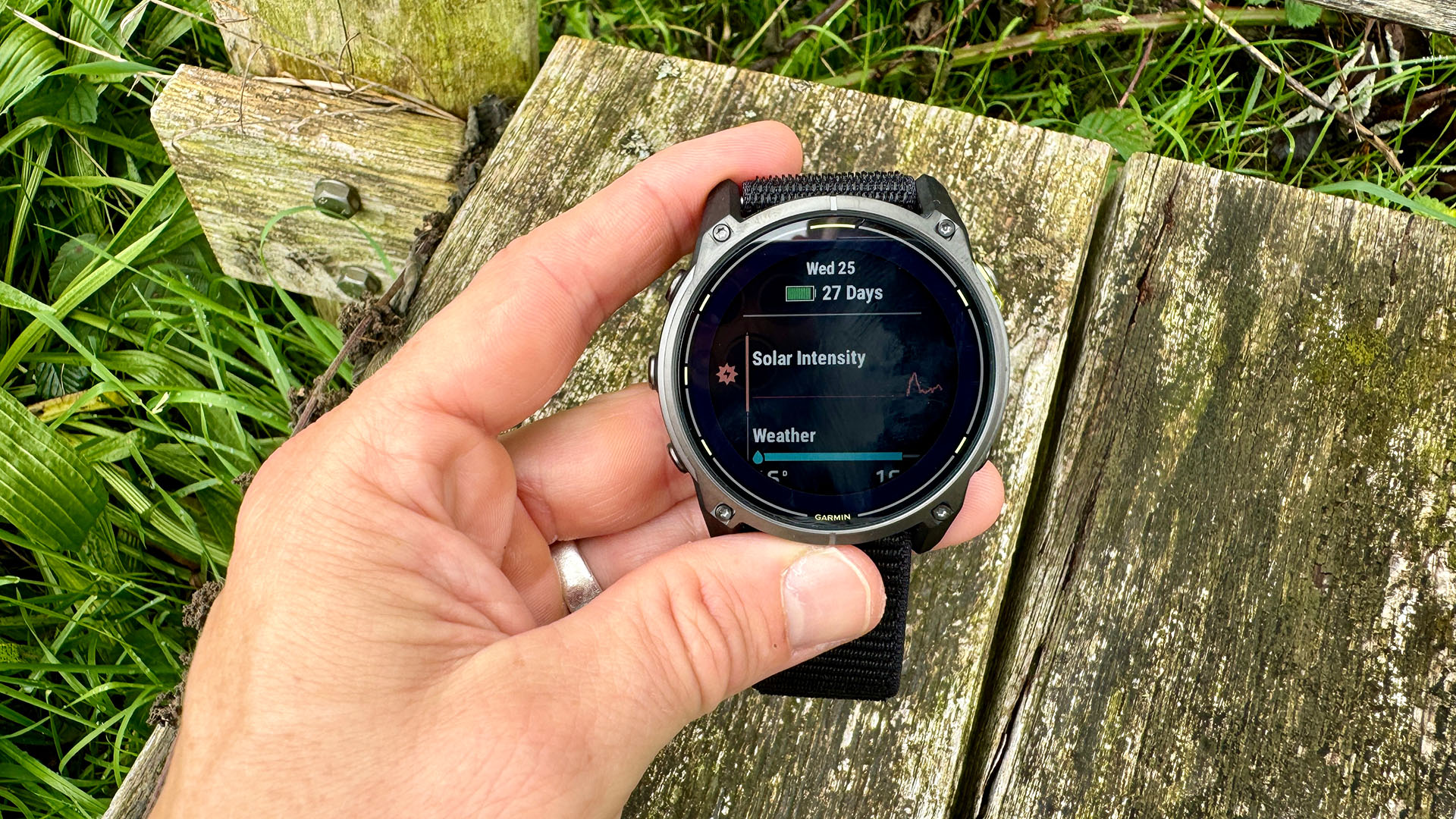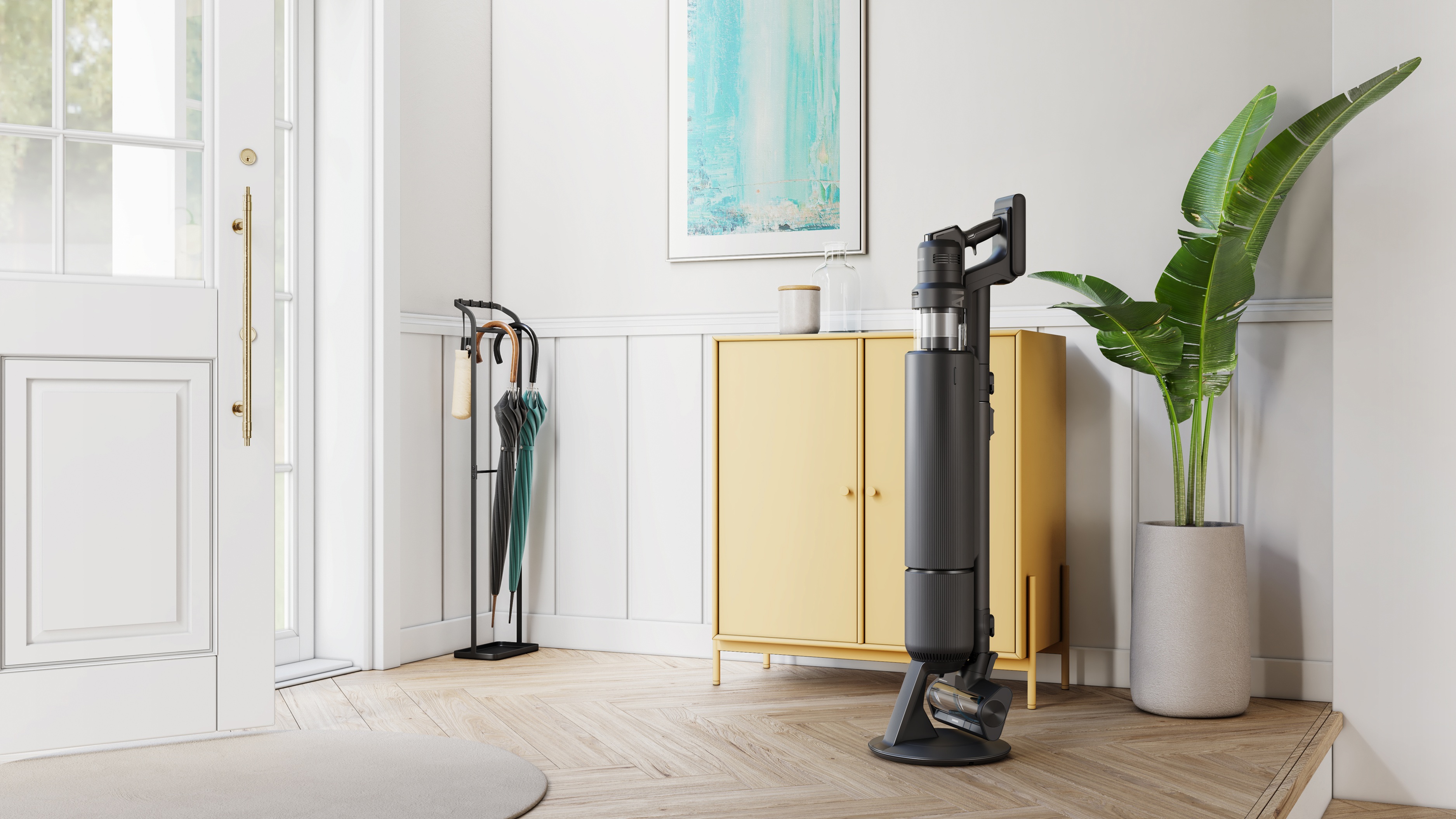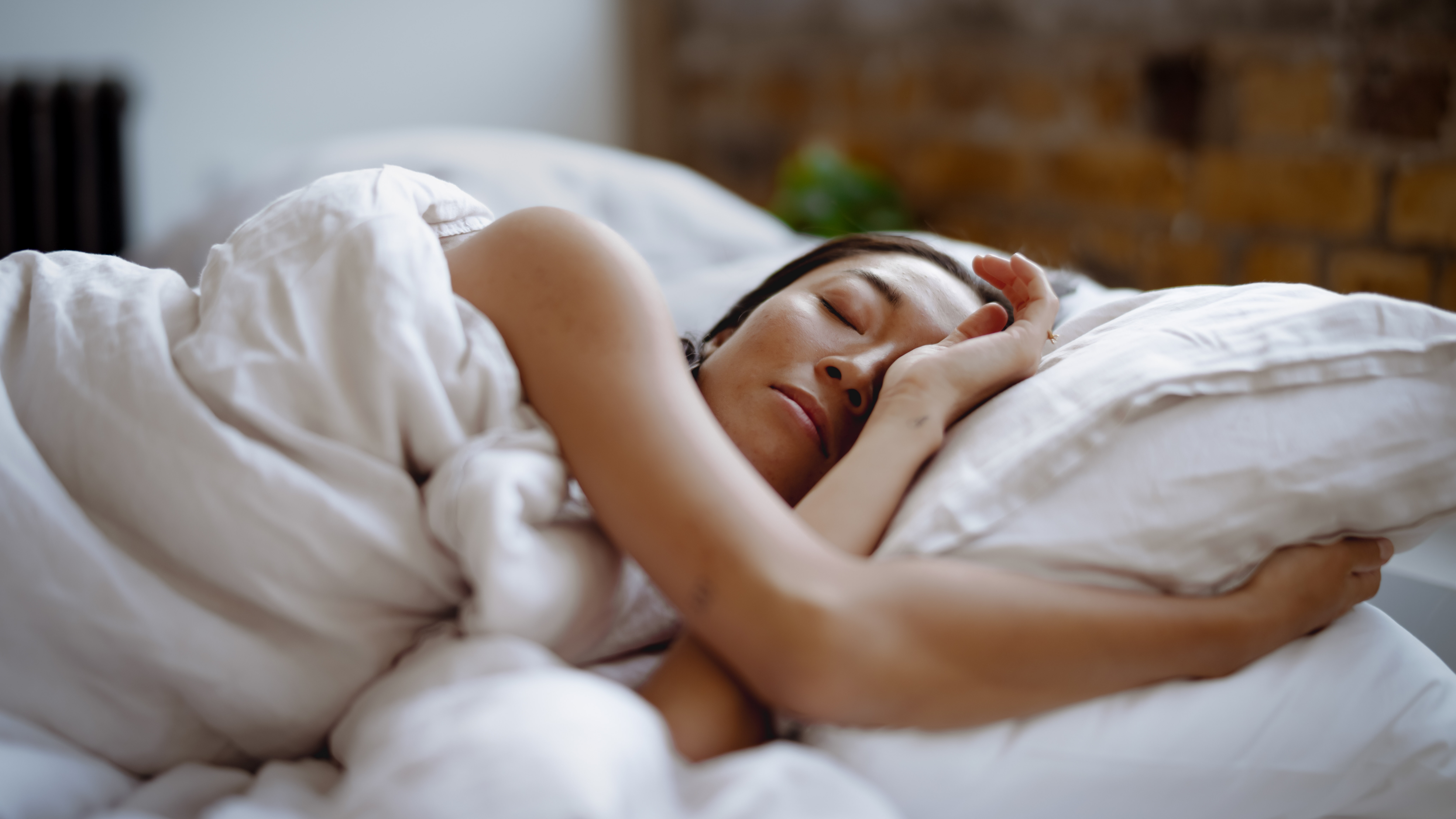

Weighted blankets are having a big moment right now, but what exactly are they and how do they work? Before you invest in one of the best weighted blankets, it helps to have a bit of background knowledge. This article is here to help answer all the questions you might have about this much-praised anxiety and insomnia aid.
The market for weighted blankets is an interesting one right now. It began as a niche market for people with anxiety and sensory issues, but it really began hitting the headlines in 2017 with the incredibly successful Kickstarter campaign for the Gravity Blanket: in just a year it racked up sales of $15 million. When TIME magazine called weighted blankets one of the best inventions of 2018, sales of Gravity blankets went into orbit.
Gravity may have popularised the weighted blanket, but now there are all kinds of models in all kinds of fabrics at all kinds of prices. Many of the big brands behind the best mattresses have got on board with their own incarnations. So how exactly do they work, and who are they good for? Read on to find out.
What is a weighted blanket?
A weighted blanket is just like a regular blanket, but it has tiny weights inside. These are typically in the form of tiny glass beads, evenly distributed throughout the blanket to provide a gentle, even pressure on the user's body. It may weigh as much as 11kg or more, the equivalent of five heavy woolen blankets. Like normal blankets they come in a range of fabrics, and some have removable, washable covers so you don't need to worry about getting the whole thing into the washing machine. They might be used occasionally, like a regular blanket, or as an alternative to one of the best duvets.
- Hosting? These are the best sofa beds, on a range of budgets
What are the benefits of a weighted blanket?
The main one is better sleep quality. A weighted blanket uses the same principles as baby swaddling or the wraps that have helped people with ADHD, autism and similar sensory issues: by limiting movement without being uncomfortable, it can help us feel more secure and help us sleep more soundly for longer.
Many people with insomnia or general trouble sleeping say they're life-changing. Some people find that weighted blankets also help with anxiety and other mental issues by helping them relax and feel safe. In general, they can be an aid to reduce restlessness and promote relaxation.
So do weighted blankets really help you sleep better? Thousands of people say that yes, weighted blankets really do help you sleep better. But you need to consider the wider environment too: your room lighting, its temperature, ambient noise and other factors that may negatively affect your sleep.
Sign up to the T3 newsletter for smarter living straight to your inbox
Get all the latest news, reviews, deals and buying guides on gorgeous tech, home and active products from the T3 experts
How does a weighted blanket work?
The best weighted blankets are made from a mesh of little sealed pockets filled with tiny beads or pellets. That means the weight is consistent across the whole blanket. The weight is enough to make you feel secure but not so heavy that you're uncomfortable. The weight creates something called Deep Pressure Stimulation, a similar sensation to being hugged.
How heavy should a weighted blanket be?
This is really down to personal preference, but as a rule of thumb for adults the weight of your blanket should be about one-tenth of your body weight. We wouldn't recommend going lower than around 7 per cent of your body weight or above 12 per cent. Weighted blankets aren't suitable for children aged three or under, and for children above that age err on the side of caution in terms of weight.
You'll find that some retailers and manufacturers offer a wider range of weights than others.
Are weighted blankets safe?
For most of us, yes. But there are some circumstances in which weighted blankets shouldn't be used. If you have respiratory issues or a chronic medical condition you should speak to your doctor first, and you should never give a weighted blanket to children under three.
Writer, musician and broadcaster Carrie Marshall has been covering technology since 1998 and is particularly interested in how tech can help us live our best lives. Her CV is a who’s who of magazines, newspapers, websites and radio programmes ranging from T3, Techradar and MacFormat to the BBC, Sunday Post and People’s Friend. Carrie has written more than a dozen books, ghost-wrote two more and co-wrote seven more books and a Radio 2 documentary series; her memoir, Carrie Kills A Man, was shortlisted for the British Book Awards. When she’s not scribbling, Carrie is the singer in Glaswegian rock band Unquiet Mind (unquietmindmusic).
-
 Garmin’s on a mission to update your wrist into oblivion as 100+ tweaks land on Fenix and Enduro watches
Garmin’s on a mission to update your wrist into oblivion as 100+ tweaks land on Fenix and Enduro watchesThe latest beta update looks comprehensive
By Matt Kollat Published
-
 5 reasons you should be excited about the brand new Samsung Bespoke AI Jet Ultra
5 reasons you should be excited about the brand new Samsung Bespoke AI Jet UltraNot sure if it’s obvious... but I can't wait to try it
By Lizzie Wilmot Published
-
 I spent 6 weeks with the FoodMarble Aire 2: here’s what I learned about my gut health
I spent 6 weeks with the FoodMarble Aire 2: here’s what I learned about my gut healthI’ve been testing the clever breath-testing gadget with the companion app over several weeks to find out if it delivers on its promises
By Lee Bell Published
-
 Oil pulling is going viral on TikTok for stopping morning breath – but does it actually work?
Oil pulling is going viral on TikTok for stopping morning breath – but does it actually work?4 hacks that prevent morning breath, according to a sleep expert
By Bethan Girdler-Maslen Published
-
 These limited edition McLaren x Loop earplugs are what you need for Formula 1 season
These limited edition McLaren x Loop earplugs are what you need for Formula 1 seasonMcLaren teams up with Loop on limited edition noise-reducing earplugs
By Bethan Girdler-Maslen Published
-
 5 sleep supplements that help me achieve 8+ hours of rest every night
5 sleep supplements that help me achieve 8+ hours of rest every nightIt took me years to perfect my sleep routine – here are the supplements that helped
By Lizzie Wilmot Published
-
 3 reasons why you wake up at 3am every night – and how to avoid it
3 reasons why you wake up at 3am every night – and how to avoid itAlways waking up in the middle of the night? This could be why…
By Bethan Girdler-Maslen Published
-
 This tiny device will automatically disable your distracting apps before you sleep
This tiny device will automatically disable your distracting apps before you sleepSay hello to Kip...
By Lizzie Wilmot Last updated
-
 Therabody experts give 7 tips for perfecting your sleep routine for World Sleep Day
Therabody experts give 7 tips for perfecting your sleep routine for World Sleep DayFrom breathing exercises to sleep masks, here’s how to prioritise sleep, according to experts
By Bethan Girdler-Maslen Published
-
 Loop Dream review: super soft earplugs to help you snooze soundly, even if you’re a side sleeper
Loop Dream review: super soft earplugs to help you snooze soundly, even if you’re a side sleeperSquishy silicone and uniquely shaped ear tips take Loop’s nighttime earplugs to dreamy heights
By Joanna Ebsworth Published